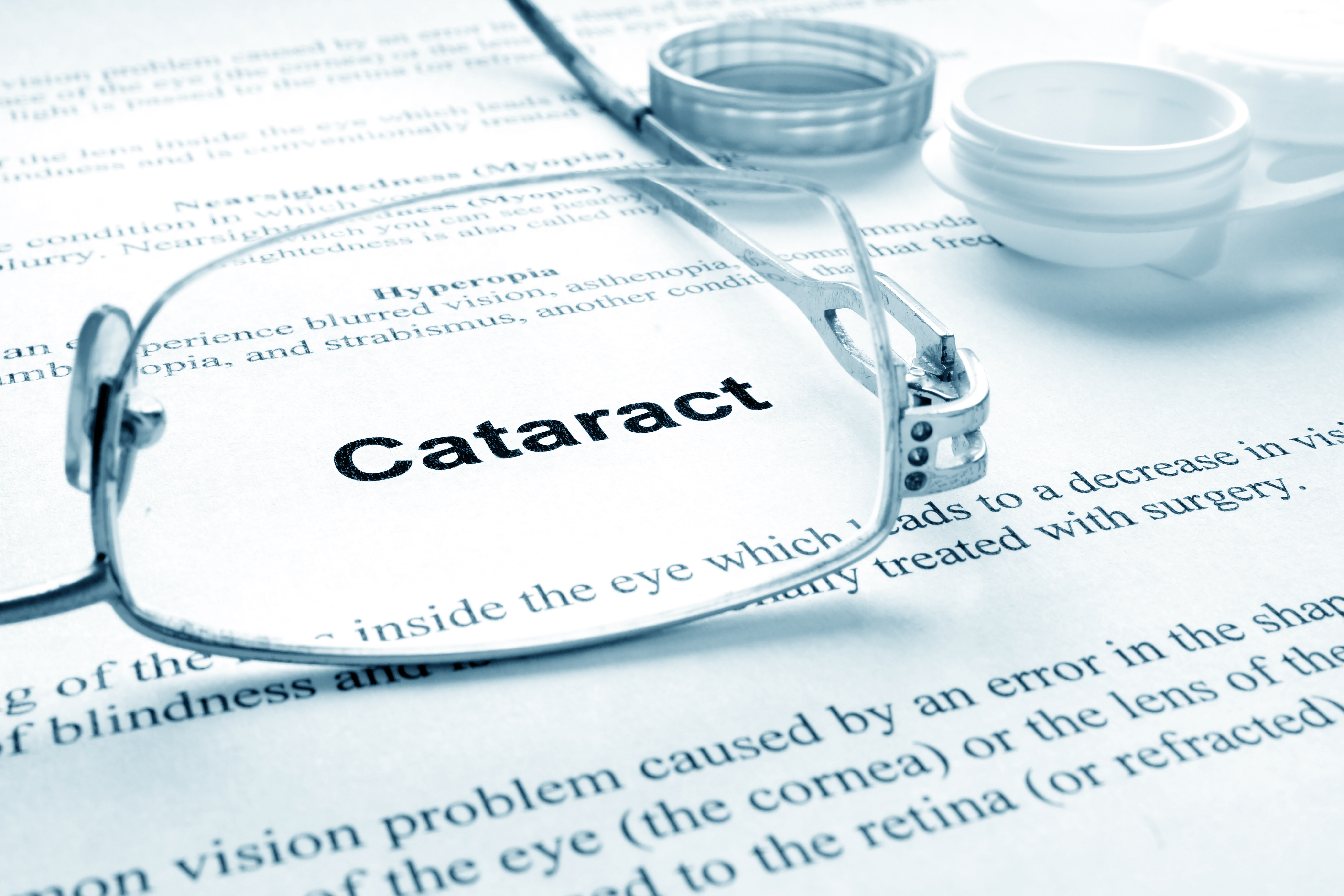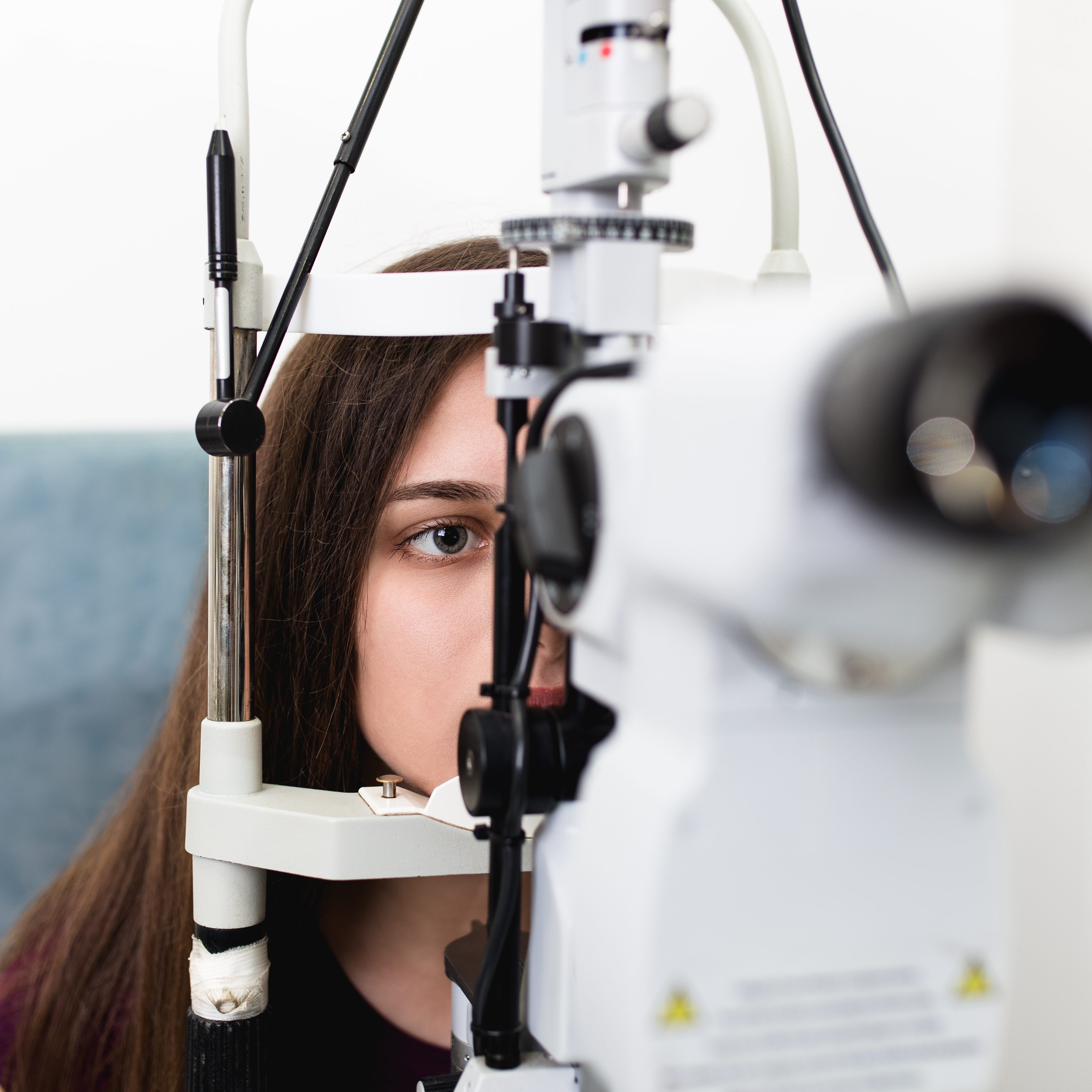
What is an allergy, and specifically what are eye allergies?
An allergy is an exaggerated reaction to substances that do not affect others such as sneezing, runny nose, itching, watery eyes, skin rash and difficulty breathing to name a few. Eye allergies develop when the body’s immune system overreacts to something that is ordinarily harmless to most people. An eye allergic reaction can occur whenever that ‘something’, called an allergen, comes into contact with your eyes – resulting in itchy eyes.
Common symptoms of eye allergies include:
- Swelling or puffiness of the eyes
- Redness
- Itching
- Drying
- Foreign body sensation
- Tearing discharge from the eye
- Discomfort wearing contact lenses
The symptoms above may not necessarily indicate an allergic reaction, so if you experience one or more of the above symptoms for an extended period of time, make an appointment with your nearest independently-owned ProVision Optometrist to have your eyes checked by hitting the orange button at the top right of the screen.
What causes an eye allergy?
- Outdoor allergens
Allergens that affect the eyes can be caused by airborne allergens such as grass, tree and weed pollen. People who are sensitive to these suffer from seasonal allergic conjunctivitis, the most common eye allergy. Check out our hay fever tips for contact lens wearers to get ahead of the pollen this year. - Indoor allergens
Other common eye allergens include pet hair, mould found in moist rooms, pollution and dust mites. These can trigger symptoms for people all year-round. - Irritants
Some people are also triggered by irritants such as perfume, cigarette smoke and car exhaust. - Contact lenses
If you’re a contact lens wearer, you might find that you react to the contact lenses themselves, or to the proteins in the tear film that binds to the surface of the lens. Talk to your optometrist about hyper-allergenic alternatives. - Medication
Allergic reactions to medications are common and have to be monitored. They are strong and intense reactions and can be cause by penicillin or preservatives in eye drops.
How to stop itchy eyes and treat eye allergies
- Prevention
Avoiding triggers is the obvious first step and this starts with making changes in your environment including keeping windows closed during high pollen seasons, wearing eyewear to protect your eyes from pollen, washing your hands after petting animals and using dehumidifiers and mite-proof bedding depending on your particular allergies. - Over-the-counter medication
Oral antihistamines, eye drops and artificial tears are all non-prescription medication that can help to alleviate symptoms. - Prescription medication
Many optometrists can also prescribe eye drops and other prescription medication for more severe symptoms. You do not need a referral to see an optometrist.
Book an appointment today
If you’re suffering from eye allergies or are approaching 2 years since your last eye test, click on the button below to book an appointment to see your nearest independent optometrist.
Find your nearest optometrist now

